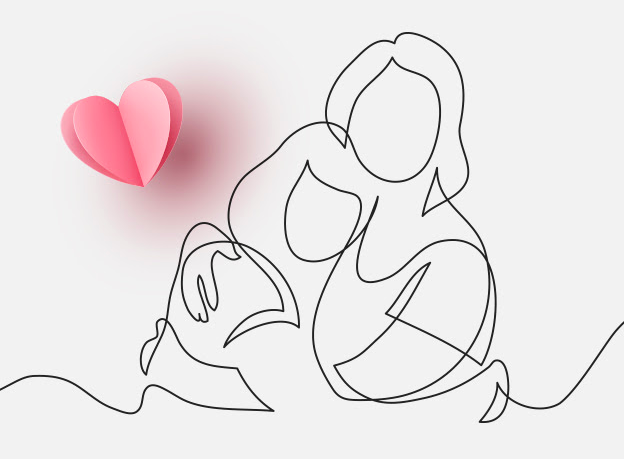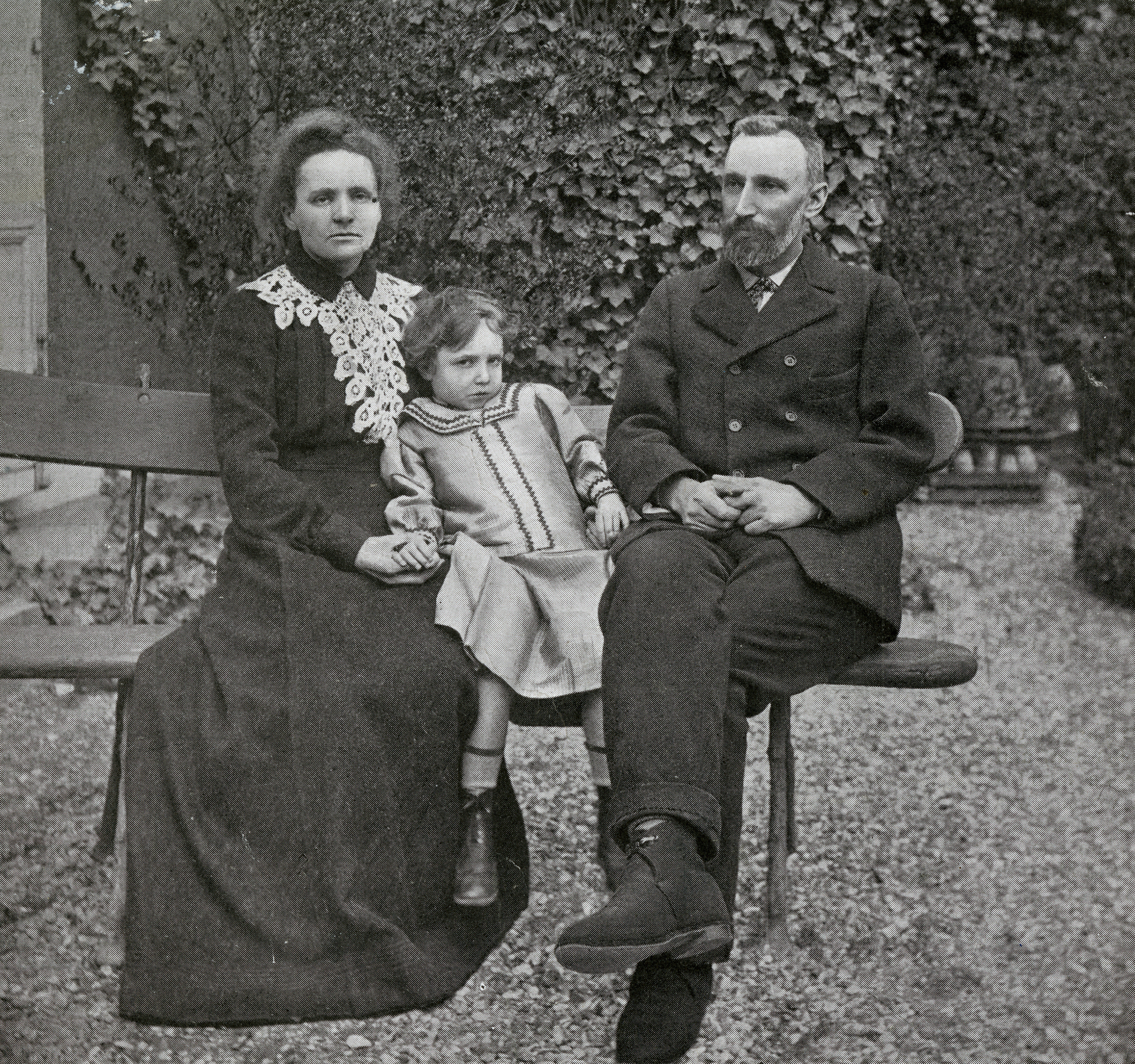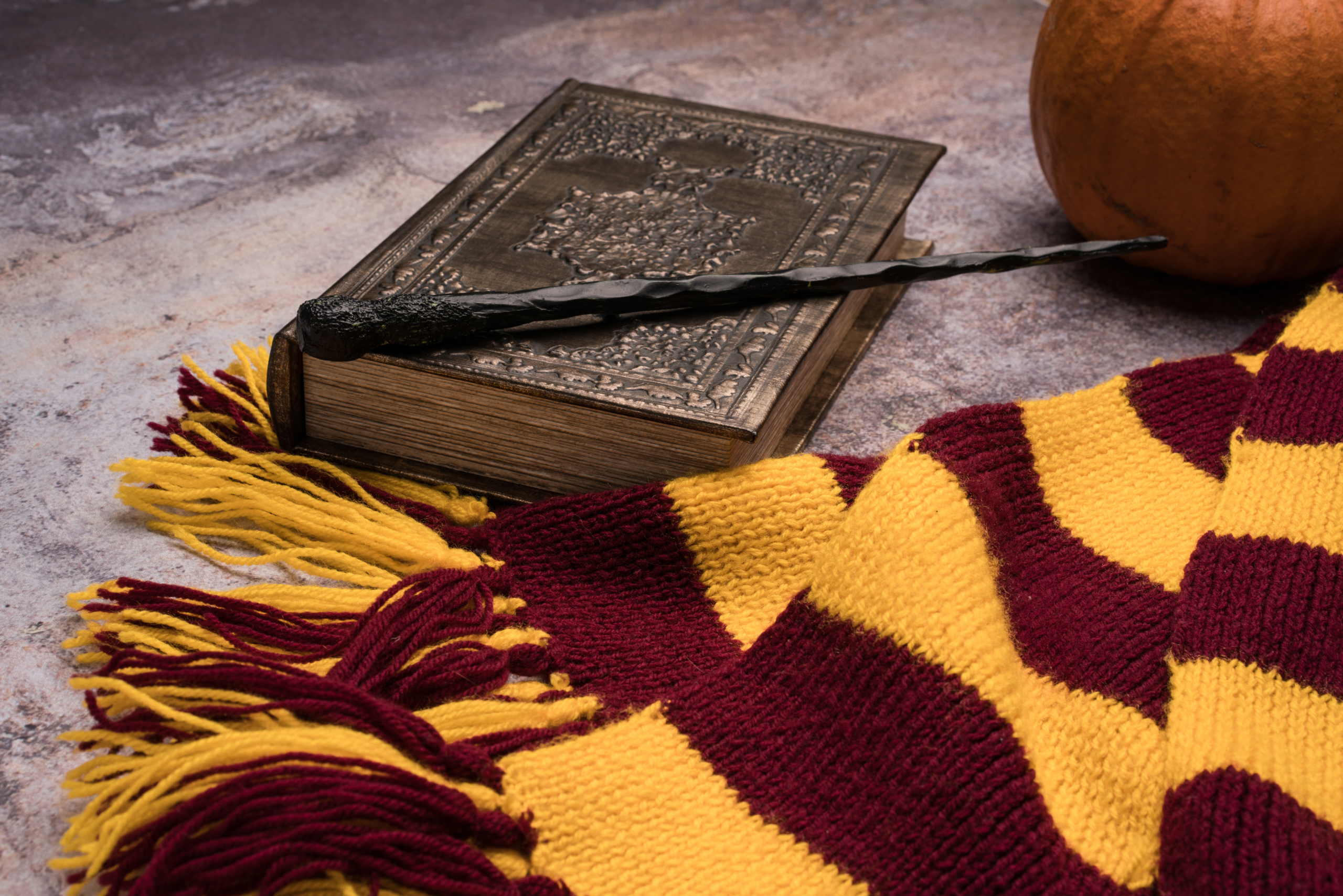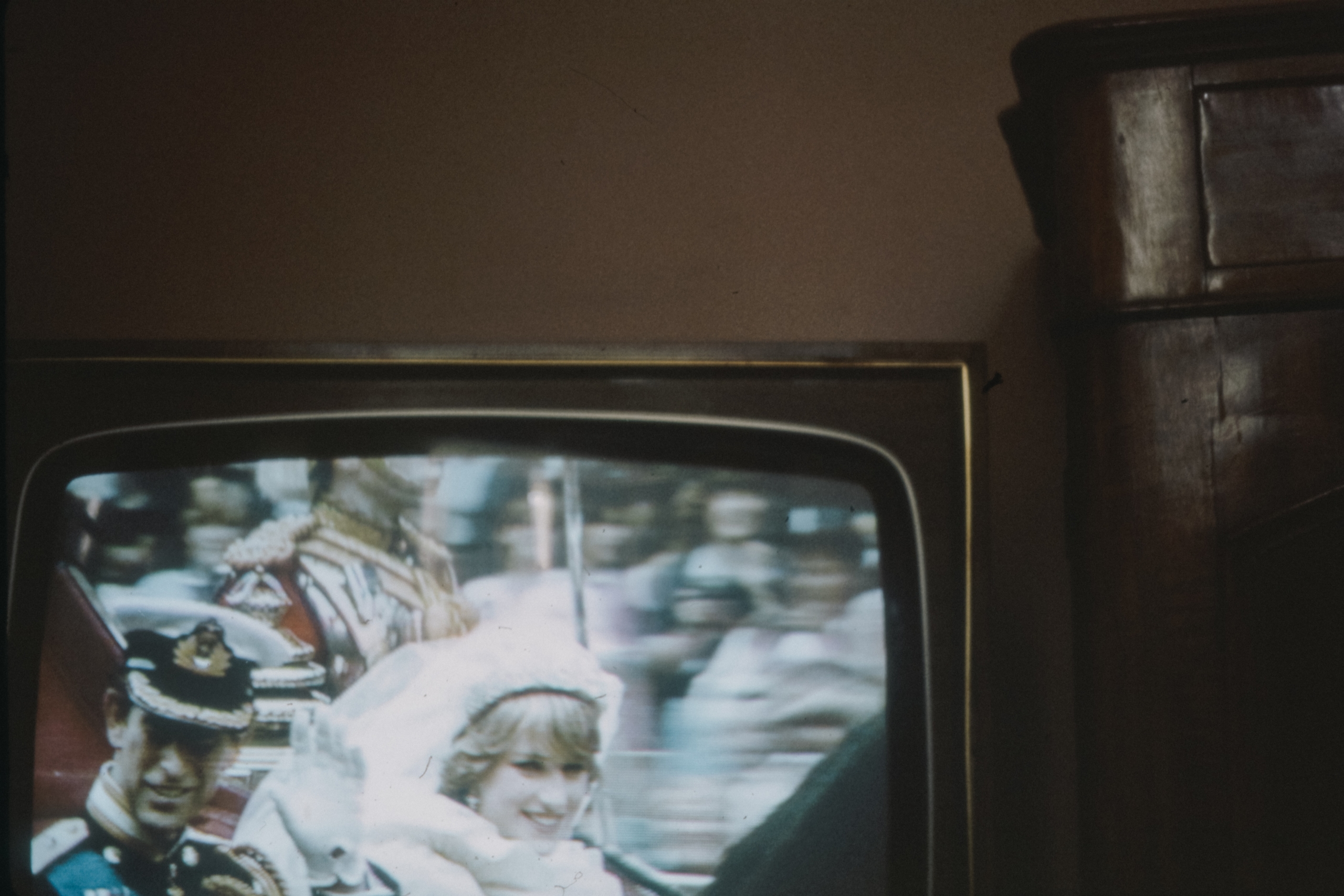8 REMARKABLE MOMS IN HISTORY
Our mothers give us life, nurture us, and support us as we grow from kids to adults. Their words, actions, and unconditional love influence our lives, and sometimes their motherly presence influences others as well. To celebrate Mother’s Day, here are 8 of the many remarkable moms in history.
1. MARIE CURIE
Although scientist Marie Curie (1867—1934) is best known for being the first woman to win a Nobel Prize, she also raised her two young daughters alone after her husband died in an accident in 1906. One of their daughters, Irène Joliot-Curie, went on to co-win the Nobel Prize in Chemistry with her husband for their own work with radioactivity. Joliot-Curie said her mother instilled hard work and flexibility in her children: “That one must do some work seriously and must be independent and not merely amuse oneself in life—this our mother has told us always, but never that science was the only career worth following.”
2. SOJOURNER TRUTH
In 1826, Sojourner Truth (circa 1797—1883) and her baby daughter escaped slavery in Ulster County, New York. Soon after her escape, she heard that her 5-year-old son, Peter, was illegally sold to a man in Alabama. Truth raised money for a lawyer, filed a complaint in court, and successfully got Peter out of slavery—a landmark case in which a black woman successfully sued a white man in court. Truth went on to become a Christian preacher in New York City and toured the northeast, speaking about the Bible, abolition, and women’s suffrage.
3. IRENA SENDLER
Irena Sendler (1910—2008) was a Polish employee at the Warsaw Social Welfare Department who smuggled almost 2500 Jewish children out of the Warsaw Ghetto during the Holocaust, saving their lives. Using the code name Jolanta, she gave these children false identification documents, established temporary (non-Jewish) identities for them, and placed them in convents, orphanages, and Christian homes. Although the Nazis arrested her, tortured her, and sentenced her to execution (she survived because the Gestapo was bribed), she didn’t give them any information about the whereabouts of the children. A remarkable mom of three kids herself, Sendler received Poland’s Order of the White Eagle award in 2003.
4. J.K. ROWLING
J.K. Rowling wrote the first four Harry Potter books as a single mother (while briefly receiving state benefits to get by), and she now serves as the president of Gingerbread, an organization that works with single parents and their children find resources and programs to help them succeed. “I am prouder of my years as a single mother than of any other part of my life,” Rowling said of that time and the work she put in. For Mother’s Day 2016 in the UK (which occurs in March), she tweeted: “Today’s Mother’s Day in the UK. If your mum isn’t here to treat you, do something nice for yourself because she’s part of you. Take a hug, too.”
5. INDIRA GANDHI
As India’s first female Prime Minister, Indira Gandhi (1917—1984) worked to institute democracy and create jobs to combat food shortages—she was responsible for India’s green revolution, which made the country self-sufficient and no longer reliant on imported grains. “Education is a liberating force, and in our age it is also a democratizing force, cutting across the barriers of caste and class, smoothing out inequalities imposed by birth and other circumstances,” she famously stated. She also entrusted a sense of duty in her two sons, Rajiv and Sanjay Gandhi, who both grew up to become politicians; Rajiv became Prime Minister of India after his mother was assassinated in 1984.
6. JOSEPHINE BAKER
The 1920s dancer and singer Josephine Baker (1906–75) was anything but conventional, and her experience of motherhood was fittingly out of the ordinary. Unable to have children of her own, in 1953 Baker went about creating her own unique family from scratch. After a decade of planning, she began a remarkable experiment, adopting 12 children from countries as diverse as Japan, Finland, Columbia, France, The Ivory Coast and Korea. Baker called her new family from across the globe the ‘Rainbow Tribe’ and encouraged each child to maintain the customs, language and religion of their home country.
7. PRINCESS DIANA
Diana, Princess of Wales (1961—1997) used her status as a royal figure to work with charities that supported children’s hospitals and to raise awareness and combat landmines, which were a significant problem in the ’90s. Years after her death in 1997—her sons were 15 and 12 years old when she died—her legacy remains one of humanitarianism. Her oldest, Prince William, notably became a royal patron of a Child Bereavement charity. Speaking about Mother’s Day, he said: “I too have felt and still feel the emptiness on such a day as Mother’s Day.”
8. ANN JARVIS
Ann Jarvis (1832—1905) inspired the movement that eventually made Mother’s Day into a national holiday. After most of her babies died of diseases—only four of her possibly 13 children survived to adulthood—she wanted to help other mothers. She organized Mother’s Day Work Clubs in what is now West Virginia to help provide medical care, raise money for medicines, and improve sanitary conditions for poor mothers.






